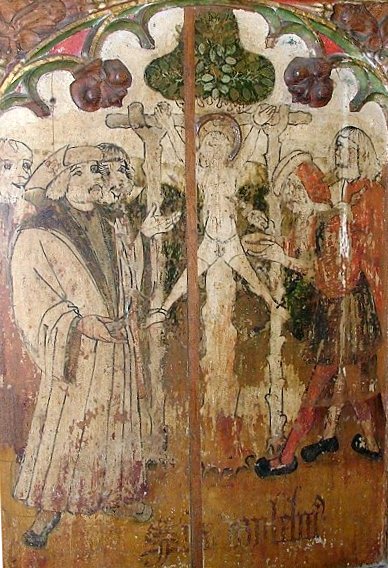History and Memory: Southern Nationalism and the KKK
For Southern Nationalists, slavery was better than modern taxation and the KKK was just a neighborhood watch. From a Guardian piece:
I'm on my way to a history conference and then have a lot of music gigs all weekend, so I may not be around social media as much.
Kiscaden, who owns a coal mine in Kentucky, had an equally peculiar interpretation of history. He disputed that Forrest was a a founding member of the Klan, which he said played a positive role in bringing about law and order in the south when it was first conceived in the 1860s. (He distinguished the original Klan from the hate group of the same name that, he conceded, orchestrated lynchings.)
“The people in the south – the white people, who were being abused – organised a neighbourhood watch to try to re-establish some order,” he said of the nascent Klan. Slavery in the south was “a bad institution”, he said, but possibly “the mildest, most humane form of slavery ever practiced”.
“If you look at the wealth created by the slaves, in food, clothing, shelter, medical care, care before you’re old enough to work, care until you died, they got 90% of the wealth that they generated,” he said. “I don’t get that. The damn government takes my money to the tune of 50%.”And this is why teaching history matters. This is why extremists on the right try to take over school boards, textbooks, and fight the AP History standards (which are national).
I'm on my way to a history conference and then have a lot of music gigs all weekend, so I may not be around social media as much.


